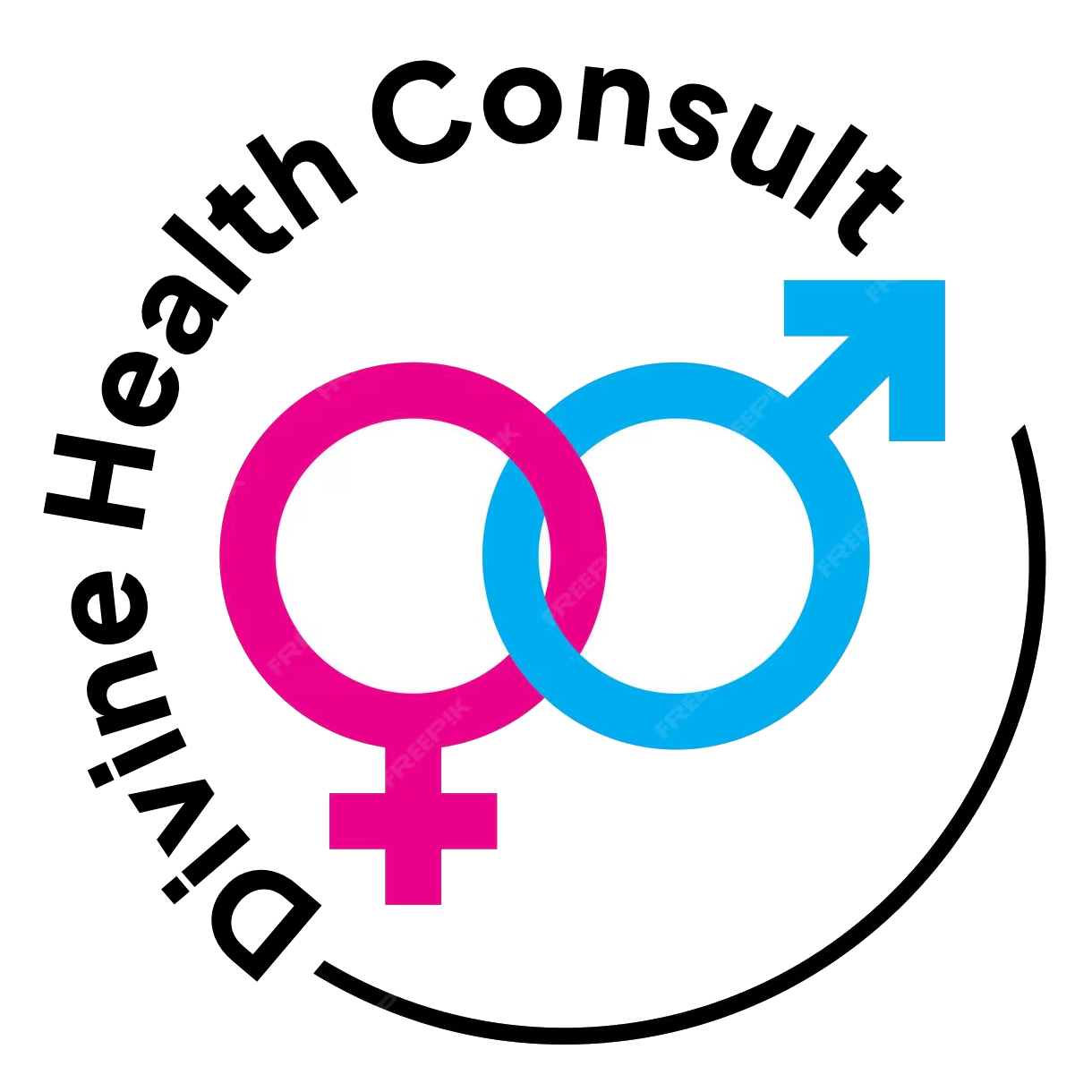What is Nightfall?
“Nightfall” or nocturnal emission refers to involuntary ejaculation during sleep. It is a common physiological occurrence, especially among adolescents and young adults, though it can continue into later life in some individuals. Nightfall itself is not usually dangerous, but frequent episodes may cause distress, disrupted sleep or worry about sexual health.
Common Signs & Symptoms
- Waking up with evidence of ejaculation or damp bedding
- Sleep disruption or morning grogginess
- Anxiety, embarrassment, or guilt after episodes
- Infrequent: no other physical symptoms — usually normal
Possible Causes
- Hormonal changes — common in puberty and young adulthood
- High sexual arousal or prolonged periods without sexual release
- Stress, anxiety or sleep disturbances affecting dream activity
- Certain medications or medical conditions (rarely)
Common Myths
- Nightfall does not cause physical weakness or permanent harm.
- It is not necessarily a sign of infertility or serious disease.
- Frequency varies widely — occasional episodes are normal.
Our Treatment Approach
We provide a tailored plan depending on frequency, associated symptoms and overall health:
- Comprehensive medical assessment (history, hormonal screen if indicated)
- Sleep hygiene and behavioural strategies to reduce distress and improve sleep
- Counselling or sex therapy for anxiety, guilt or relationship concerns
- Medication review and adjustment if a drug is contributing to sleep or sexual side effects
Lifestyle & Self-Care Tips
- Keep a regular sleep schedule and create a relaxing pre-bed routine
- Reduce evening stimulants (caffeine, intense media) and alcohol
- Practice stress-reduction techniques: deep breathing, progressive muscle relaxation, or mindfulness
- Open conversation with your partner or a therapist to reduce shame or anxiety
